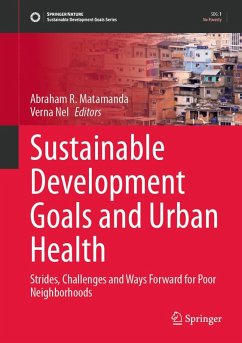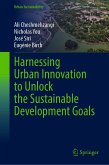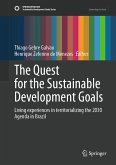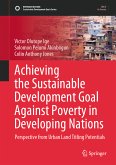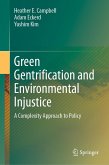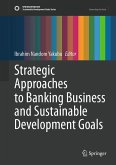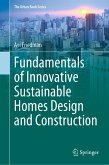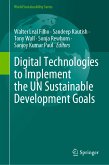The main aim of this book is to understand the interplay between the SDGs and urban health. This is a critical issue in cities, considering the complexity of health issues and how they transcend most SDGs. However, the SDGs are premised on a broad set of generalised indicators and targets. Simultaneously, local contexts differ; thus, a one-size-fits-all understanding of urban health problems is not helpful. Therefore, the SDGs require Health in All Policies (HiAP) - "an approach to public policy across sectors that systematically takes into account the health implications of decisions, seeks synergies and avoids harmful health impacts to improve population health and health equity" (Ramirez-Rubio et al. 2019). In applying the HiAP concept, this book adopts a case study approach and considers the poor neighborhoods of a South African city, specifically Bloemfontein, part of the Mangaung Metropolitan Municipality. Each chapter presented in the book considers a particular SDG and how that goal relates to urban health.
Dieser Download kann aus rechtlichen Gründen nur mit Rechnungsadresse in A, B, BG, CY, CZ, D, DK, EW, E, FIN, F, GR, HR, H, IRL, I, LT, L, LR, M, NL, PL, P, R, S, SLO, SK ausgeliefert werden.

